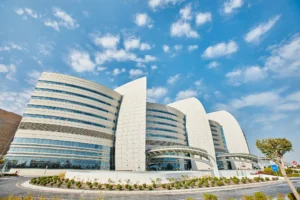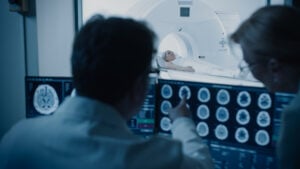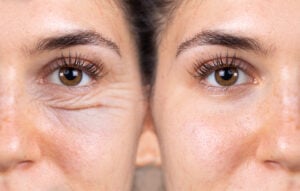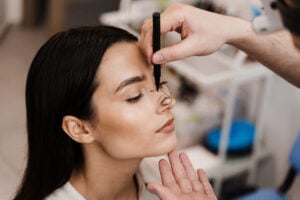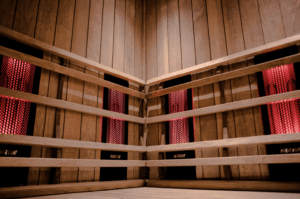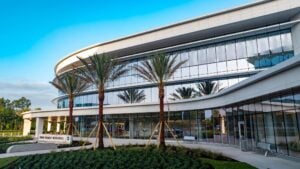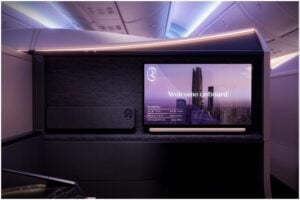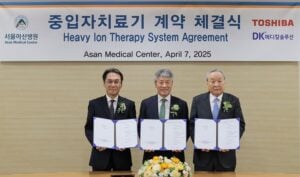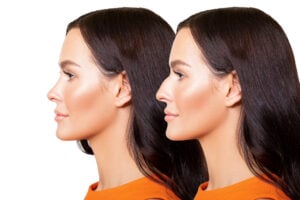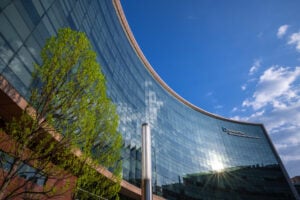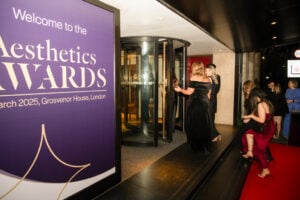The South Korean ‘baby-face’ appearance has been much sought after for many years all over Asia, and opting for an overall ‘K-beauty’ fix has been spreading not only among men but globally, as feeling attractive is equated with greater self-confidence.
Whilst South Korea is known for its world-class cosmetic surgery, it has recently emerged as a leader in medical tourism in the region, with a 20% increase per annum over the last decade and income from medical tourism getting close to 1 trillion won ($884 million) a year. In 2018, nearly 400,000 patients visited the country for medical procedures, attracted to South Korea’s passion for excellence and affordable services.
South Korea is known for its state-of-the-art medical facilities, cutting-edge IT based infrastructure, modern equipment, and advanced medical technologies as well as fast and efficient diagnostics. No less than 12 health care facilities have the coveted JCI (Joint Commission International) accreditation; four of them are Academic Medical Center Hospital Programs, two are Hospital Programs and six are Ambulatory Care Programs.
Largest cosmetic surgery market in the world
South Korea is the third-largest cosmetic surgery market in the world. It has the highest rate of plastic surgery procedures per person amongst International Society of Aesthetic Plastic Surgery member nations, and as many as 14% of South Korean women have had cosmetic surgery according to Gallup polls. For those under thirty, the number rises to 30%. With foreign patient demand increasing at a rate of 40% per annum, South Korea now accounts for a quarter of all cosmetic surgery procedures globally.
However, the South Korean medical tourism industry is so much more than cosmetic surgery: South Korean dentistry is recognised at the international level and the country’s highly skilled physicians are known for being able to handle complicated diseases and procedures with advanced diagnostics.
Surging cosmetic surgery demand during COVID-19
In recent months, South Korea’s Gangnam district has witnessed a remarkable surge in the domestic health tourism demand for cosmetic surgery, with medical tourists often flying in from Asia and the Middle East.
The government launched a $230bn stimulus program to shore up the economy, which includes cash handouts, credit card points and many other forms of benefits for people affected by the decline in the economy.
Patients are seeing this moment as the perfect opportunity to get cosmetic work done, as they are drawn by the appeal of discounts being offered by cosmetic surgeons, together with the fact that they can conceal their cosmetic work under a mask and recover while working from home.
Innovative cosmetic treatments of all kinds are available in the Gangnam district, but popular treatments during the pandemic have included facial contouring, breast surgery, rhinoplasties (nose jobs), breast enhancements, botox injections and more.
Excellence in chronic conditions like cancer
Medical facilities are strictly regulated by the government and all hospitals are non-profit. The private sector runs more than 90% of the medical facilities in South Korea. Their clinical outcomes rank amongst the highest globally for cardiovascular diseases, joint replacements, cancers, spinal disorders, and transplants. A study by the Korean National Center in 2014 reported that South Korean hospitals had the highest rate of cancer survival in the world.
Reputable hospitals in South Korea include the Seoul National University Hospital, Asan Medical Center, Samsung Medical Center Seoul, Severance Hospital, Ajou University Hospital and many more.
Government policies encourage medical tourism and assist with travel in the form of special visas, coordinator services called International Meditour Coordinators (IMC) and translation services. Furthermore, some patients qualify for a 10% VAT refund on departure after surgery at a government-registered Special Medical Institution.
Best of all, South Korea is an ultra-clean, safe, organised, and beautiful country, with ease of access. In the Gangnam area of Seoul, there are reportedly more hospitals than coffee shops, and the area offers high-end 24h shopping experiences. You can also attend K-pop concerts or tour filming locations.
And for relaxing holidays after treatments, South Korea is the perfect place to spend some time, with traditional and cultural buildings in amongst ultra-modern architecture, contrasted with mountains, rivers and oceans.

